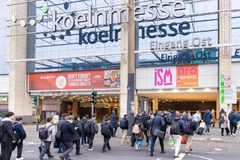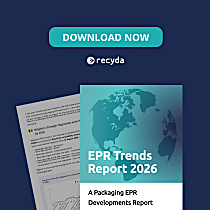Nanoscale technology: the future of food safety

Nanotechnology has the potential to dramatically improve the quality of food production at a time when consumer concerns over safety are increasingly influencing key business decisions, writes Anthony Fletcher.

Nanotechnology has the potential to dramatically improve the quality of food production at a time when consumer concerns over safety are increasingly influencing key business decisions, writes Anthony Fletcher. Indeed the technology, which involves the study and use of materials at an extremely small scale – at sizes of millionths of a millimetre – could provide some innovative answers to current problems of sanitation. In addition, scientists are working on dirt-repellent coatings at the nanoscale, a concept that could have important applications for the safety of food production sites. Nanotechnology also has the potential to address some of the big-picture issues. The threat of bioterrorism has made food safety along the supply chain a government as well as an industry priority - tight new customs regulations are coming into force in the US this month, and strict new rules governing traceability within the EU were introduced this year. Although radio frequency identification (RFID) technology is being pushed hard by retailers as a viable means of automating traceability, it is nanotechnology that could ensure that the agricultural sector uses new traceability rules to their advantage. For example, nanoscale monitors could be linked to recording and tracking devices to monitor temperature changes, while other devices could be used to detect for pesticides and genetically modified crops (GMOs) within foodstuffs.











